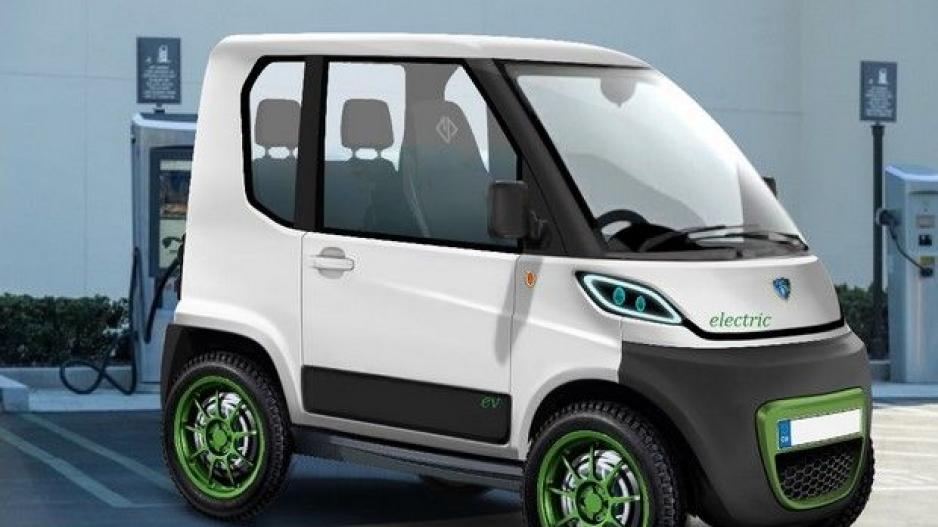On March 16 the Institute send out to its members the latest issue (No.6) of the " Electric Mobility Update" newsletter which is prepared and edited by Alexandros Perellis, IENE's Research Associate who follows closely market and technology developments in the electric vehicle market.
On March 16 the Institute send out to its members the latest issue (No.6) of the " Electric Mobility Update" newsletter which is prepared and edited by Alexandros Perellis, IENE's Research Associate who follows closely market and technology developments in the electric vehicle market.
According to EMU the high expectations for the global EV market in 2019 were not met initially as a result of recessed sales in China in the latter part of the year. More specifically, sales in China receded significantly after June due to high cuts in the EV purchase subsidies. However, the overall result for 2019 is positive, with almost 2,210,000 EVs sold worldwide. Global EV sales saw growth of 10% y-y, with plug in vehicles improving their penetration in the global motor vehicle market to 2.5% from 2.1% in 2018. Most of the EV sales’ volume came from battery electric cars, accounting for 74% of the segment, improving their year to year share by 5%, while plug-in hybrid sales, with a share of 26% in the EV segment, declined.
According to InsideEVs, amongst the EV models the highest sales were achieved by Tesla’s Model 3 surpassing 300,000 sales in 2019 (300,885 according to Tesla), while recording an all-time sales high for a single month, with 53,742 sales in December 2019. Model 3 was followed by BAIC EU-Series, with 111,047 sales, Nissan LEAF with 69,873 sales and BYD Yuan with 67,839 sales.
Among the manufacturers, Tesla also recorded the highest sales for 2019, with 367,820 sales, followed by BYD, BAIC, SAIC and BMW with 229,506 , 160,251 , 137,666 and 128,883 units sold respectively.




